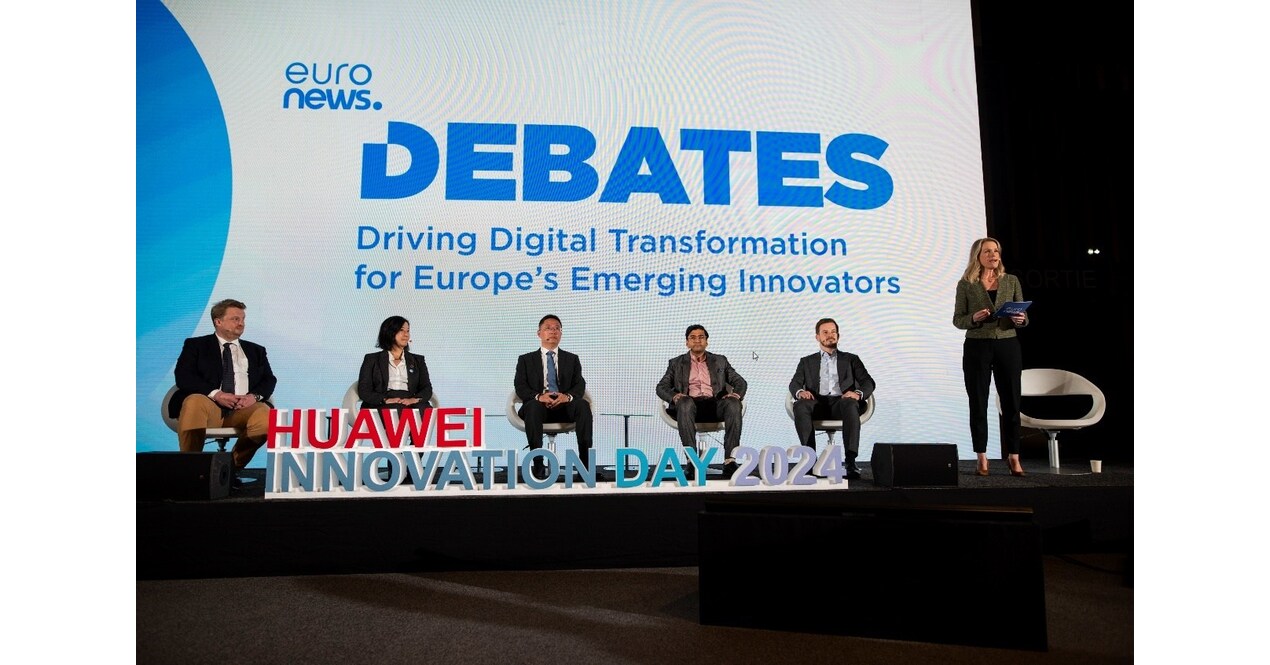Europe’s tech security czar-to-be faces China fight at home

“The total value of business in China for Finnish companies is estimated to be more than 20 billion euros per year,” a 2023 report from the Finnish Ministry for Foreign Affairs said, which labeled China as “one of our most important trade partners.”
“Chinese investments play the largest role in Finland compared to any other EU country, with 8 percent of foreign direct investment stock held by China, which is ten times higher than the EU average,” Lee-Makiyama said, referring to a study his research group did.
On the other end of that bargain, things haven’t looked good for Nokia in years. The Finnish tech leader’s share of base station and antenna sales in China — the biggest market globally — has shrunk to 0.9 percent in 2023 from 6.2 percent in 2019, according to confidential industry figures seen by POLITICO.
According to Strand, “Finland hoped that if they were soft on Huawei, the Chinese would throw some crumbs after Nokia.” But “the reality is that no breadcrumbs came,” he said.
Beyond the Chinese market, governments across the world have thrown up barriers to using Chinese 5G equipment — spurred by a diplomatic campaign from both Washington, D.C., and European capitals.
Despite this push, which supposedly benefits Huawei’s rivals Nokia and Sweden’s Ericsson, the Shenzhen-based company is comfortably keeping its top vendor position, with about 31 percent of the revenue market share globally, according to the latest proprietary figures by London-based research firm Omdia, followed by Europe’s Ericsson (24 percent) and Nokia (20 percent).
Related
EU regulators scrap probe into Apple’s e-book rules after complaint…
EU antitrust regulators on Friday (22 November) closed a four-year-long investigation into Apple's rules for competing e-book and audiobook
Belgian unicorn Odoo raises €500M, Northvolt files for Chapter 11, and…
This week we tracked more than 95 tech funding deals worth over €2.5 billion, and over 15 exits, M&A transactions, rumours,
At Its European Innovation Day 2024, Huawei Advocates Collaboration to…
PARIS, Nov. 22, 2024 /PRNewswire/ -- Huawei hosted the 2024 "Europe Innovation Day" in Paris, an event where European tech leaders, busi
European AI companies grapple with rigid rules, funds
The twin challenges of tightening regulations and a lack of growth-stage investments are casting a long shadow over European artificial intelligence and deep te










